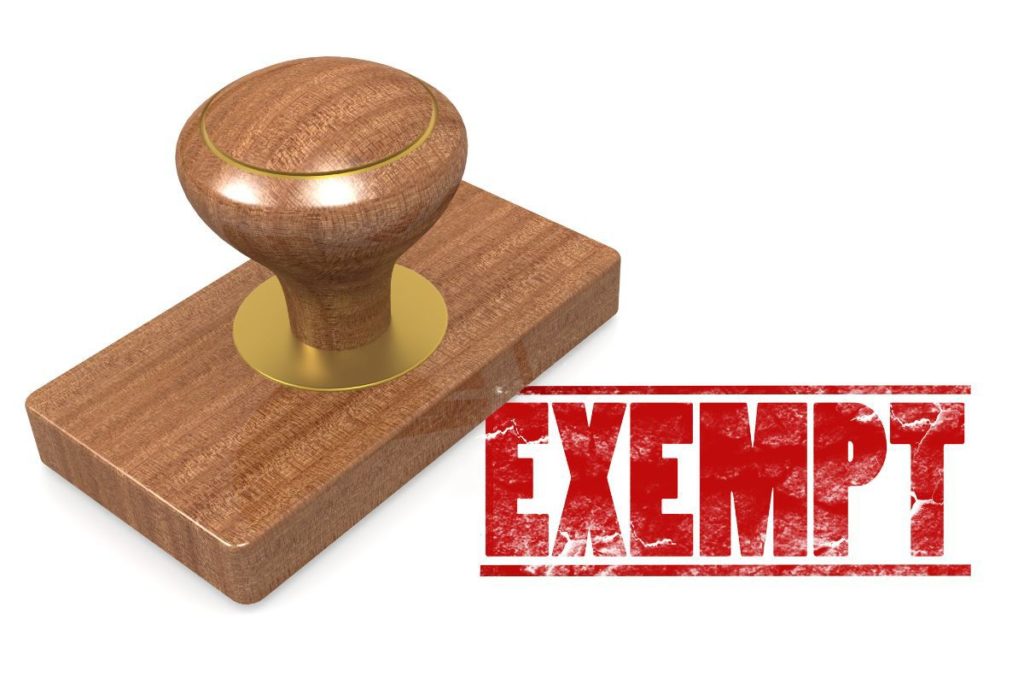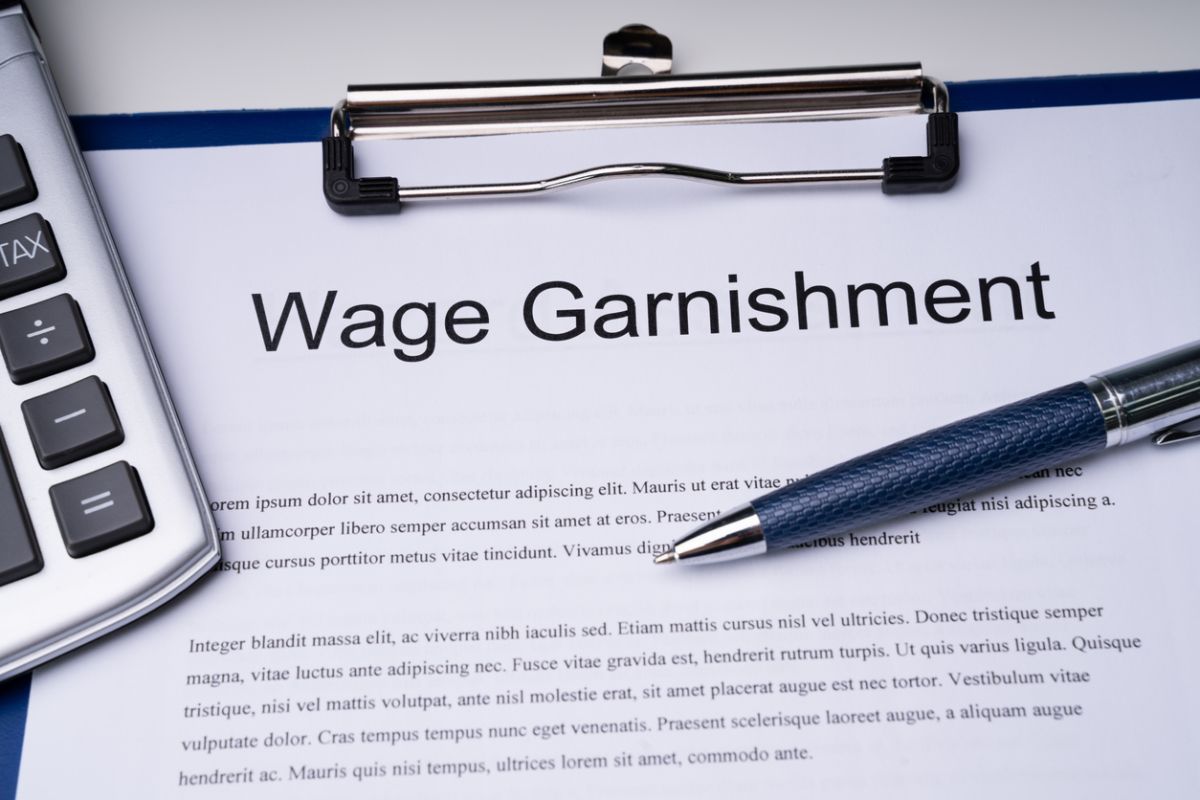If a creditor has been awarded a judgment against you, they may attempt to seize your property or initiate wage garnishment in order to repay part or all the debt. It is possible to keep some or all your assets by filing a claim of exemption. A skilled debt defense attorney in Rutherford County can help.
What is an Exemption?
While creditors are legally allowed to seize property, garnish wages, or put a lien on assets, there are certain things they are not allowed to take. For example, creditors can’t seize items like household furniture and clothing. Depending on the worth of your home or car, they may not seize that piece of property.
Creditors are usually not allowed to garnish retirement funds or government-issued money, such as social security or disability. Another example of a government-issued benefit exempt from wage garnishment would be the stimulus payments received during the COVID-19 pandemic. These restrictions on what creditors can take as a form of repayment are called exemptions.
Filing a Claim of Exemption
If you have a judgment issued against you and a creditor has gained the right to enforce payment of the debt by doing something like garnishing wages or a property levy, you will receive a notice. In the court order specifying the creditor’s rights after the judgment, you will receive instructions on how to file a Claim of Exemption.
When you file a claim of exemption, you are telling the creditor that the property they seized from you isn’t available. There is often a timeline to file a claim of exemption, so you should file the claim as quickly as possible. A judgment ordered in General Sessions Court is final after ten days in Tennessee. If there is any doubt about when a judgment will become final, ask the Court Clerk in the court where the hearing was held.
Specific Property Exemptions
Filing an exemption to keep a piece of property is possible, and it can save you quite a sum of money, but there are limits on what can be claimed as an exemption.
If an exemption includes property up to a certain amount, you could keep a piece of property up to that set amount. Generally, this means that you could keep property that would not provide enough money to pay the amount you still owe and still get the full amount of the exemption to which you are allowed.
Some states offer a wild card exemption. For example, in Tennessee, a vehicle is a non-exempt property that could be seized to pay a debt. If the state exemption allows you to keep $5,000 of equity in a piece of property and the vehicle is worth $5,000 or less, you would keep the property. The creditor could not sell the car for what it is worth, pay off the debt you owe, and still give you the $5,000 exemption to which you are entitled.
Negotiating to Save Nonexempt Items in Spring Hill
If a specific property is not a protected exemption, you still may be able to negotiate with the creditor with the help of your Murfreesboro debt defense attorney. A creditor may abandon a particular item if you can pay the item’s worth in a lump sum of cash or trade for an item of similar value. A creditor also might abandon an item if it is too expensive or troublesome to deal with. Even if a judgment has authorized the seizure of property, it may not be too late. Negotiation is still possible.
The skilled debt defense attorneys at Fitzgerald & Campbell, APLC, can help you protect your assets by filing a claim of exemption in Murfreesboro, Spring Hill, and Rutherford County. Contact them today at 615-845-4595 or complete the contact form to request a consultation.






